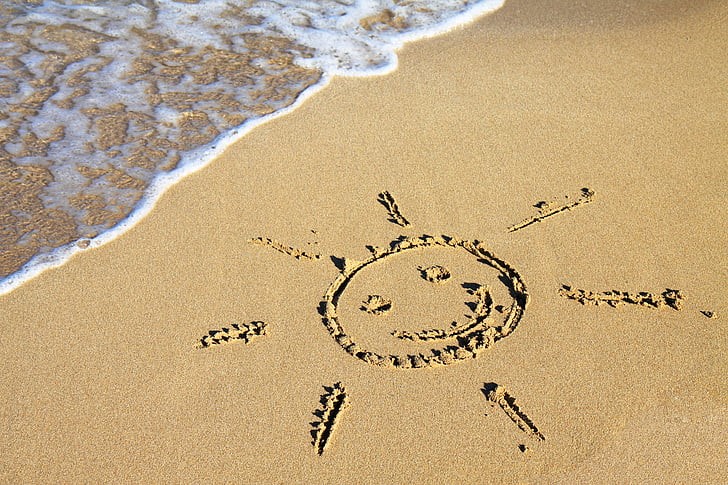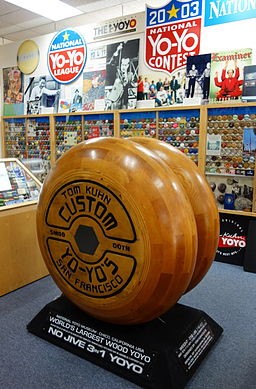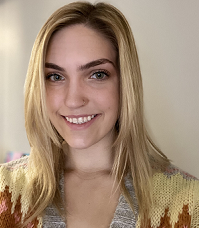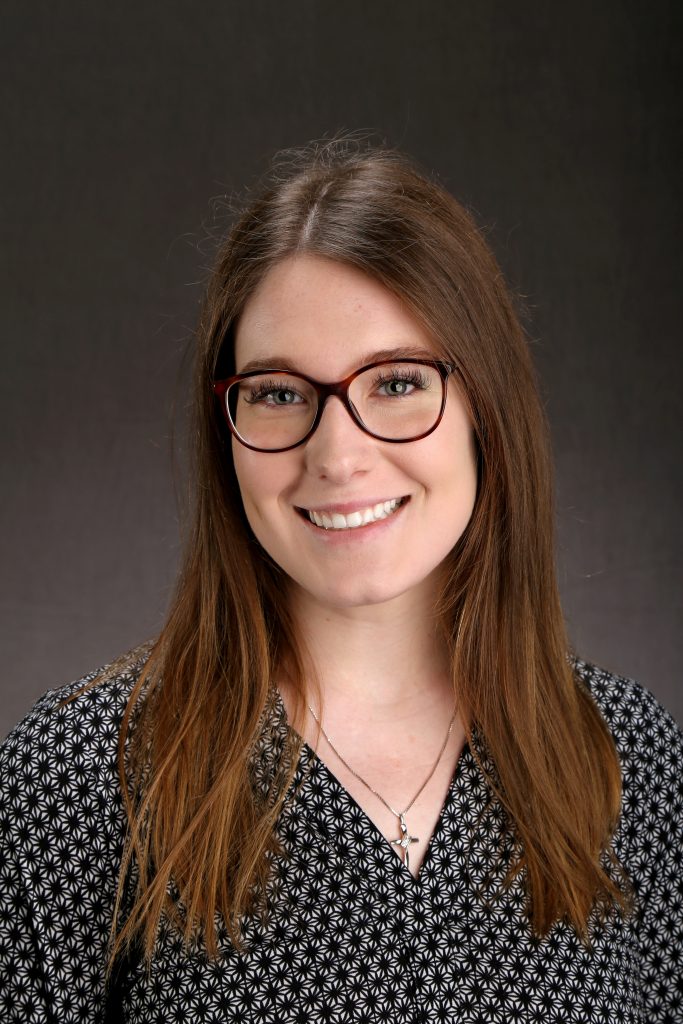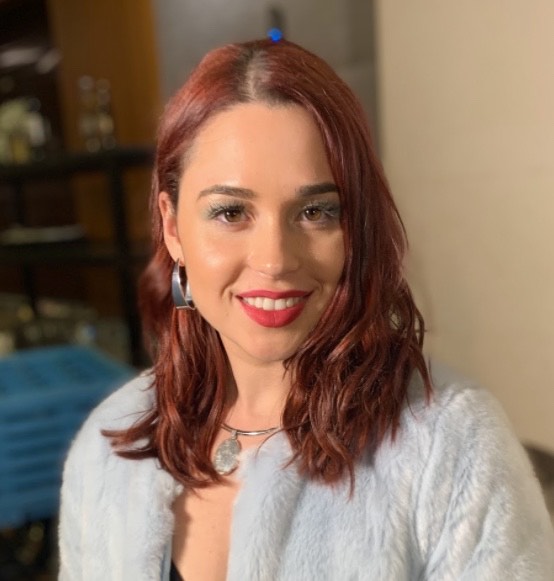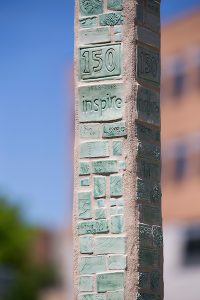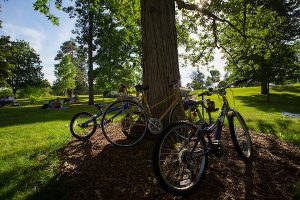By Ruth Hansen, Ph.D., Assistant Professor
The idea of “community” is an important one to those who engage in philanthropy, whether as donors, volunteers, fundraisers, or in another capacity. Years ago, when I chaired the marketing committee for the Chicago chapter of the Association of Fundraising Professionals, our membership advertisement ran with the headline, “Philanthropy Builds Community.”
But what do we mean by “community”? Social psychologists find that we use “community” to refer to shared social norms, social bonds, location, behavior, or even to a situation that provides what we need to live a good life.[1] The experience of feeling a sense of community includes both feeling like we have what we need, but also feeling a sense of responsibility for others, which tracks well with our ideas of philanthropy.[2]
In a recent study, I explored how fundraisers used the word “community” when talking about their craft.[3] The most common meanings were:
- People within a geographic area
- A geographic location
- The circumstances within which people live
- A broader group of people, not affiliated with the fundraiser’s organization
- A group with something in common, such as a profession, ethnicity, a shared interest, not necessarily bound by geography
The way fundraisers spoke about “community” also revealed some defining expectations.
- Community is something to which one contributes.
- A community provides social and/ or financial support to its members.
- Community involves an expectation that all who contribute will also benefit in some way – in other words, there is an expectation of reciprocity.
- People within communities interact with each other.
- Community requires (and may foster) social cohesion.
It’s easy to think of fundraising narrowly in terms of seeking financial resources to accomplish a charitable purpose. But that sense of responsibility for others, that mutuality in providing what we collectively need to live a good life, is an aspect that ties philanthropy and community together and presents them as a gift to benefit everyone who participates.
If you’d like to hear more, click here for a recording of my Lightning Talk at the UW-W Andersen Library.
[1] Mannarini, T., & Fedi, A. (2009). Multiple senses of community: The experience and meaning of community. Journal of Community Psychology, 37(2), 211-227.
[2] Nowell, B., & Boyd, N. (2010). The theoretical roots of psychological sense of community. Journal of Community Psychology, 38(7), 828-841.
[3] Hansen, R.K. (2020). Constructing “Community” in Fundraising Communications: Implicit Meanings and Mechanisms. Paper presented at ARNOVA Conference (virtual), November.
